Rendering tallow in a slow cooker
Beef tallow is a wonderful ingredient for handmade soap. It makes a hard, longlasting soap, that is a gentle cleanser. And on top of all of that, it is usually fairly cheap and easy to find locally. While you can buy tallow (check out your supermarket near the butter usually), it often contains other additives and it is far cheaper to render it yourself.
Tallow is just rendered beef fat
The best fat to use is the kidney fat, as it is usually hard and white, so it makes a nice white tallow. We have used the fat from beasts that we have had butchered, and I've also bought fat from butchers and abattoirs in our area, if you ask around, its usually available somewhere.
It doesn't take much effort to render fat into tallow, and the best method I have found is a slow cooker (or crock pot). Basically all you're doing is melting it and straining out all the bits of sinew and stuff that isn't fat so you have a nice pure tallow.
Freeze and then mince the fat
If you're worried that the tallow will smell "meaty", the best way to avoid that is to mince/grind/chop the fat as finely as possible and cut out as much of the meat and glands as you can, that way it melts quickly and you can skim off all the meaty bits before they smell gets into your tallow. However, its best to mince the fat when its frozen or at least chilled, otherwise you will make a slimy mess of your mincer!
When I get fresh fat, I chop it into mincer sized strips and freeze them in bags so I can just take out what I need and run it through the mincer when I'm ready to render more tallow.
Put the fat in a slow cooker
Turn your slow cooker on low heat, fill it up with minced fat and let it heat up, this will only take an hour or so. You want to skim off the meaty bits as early as possible to avoid a meaty smell.
Strain the melted tallow into a container
When all the tallow is melted, you can strain it into a container. I use 2 L yoghurt buckets and strain through a "chux" cloth. Be careful not to burn yourself on the hot tallow, I use a cup to scoop out the liquid quickly, then I scrape the sides of the pot and fill it up again.
The tallow will turn white as it solidifies
Don't be alarmed by the yellow-brown colour, it will turn white again as it solidifies! You will generally get a good yield with this method.
Cleaning up after rendering tallow
When you're finished, make sure you use lots of hot water and detergent to clean up your mincer, knives, slow cooker etc. We learnt the hard way by blocking up our kitchen sink s-bend the first time we rendered tallow! I usually wipe out the slow cooker with newspaper before I wash it, to get as much of the fat out and into the rubbish bin (also makes a great fire-starter!) rather than blocking the drain.
Do you render tallow? Any tips?
You can find out more about tallow soap in my eBook Make your own natural soap
Other posts about soap:






















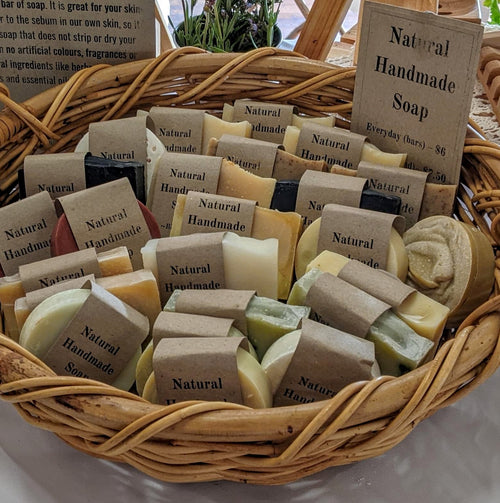
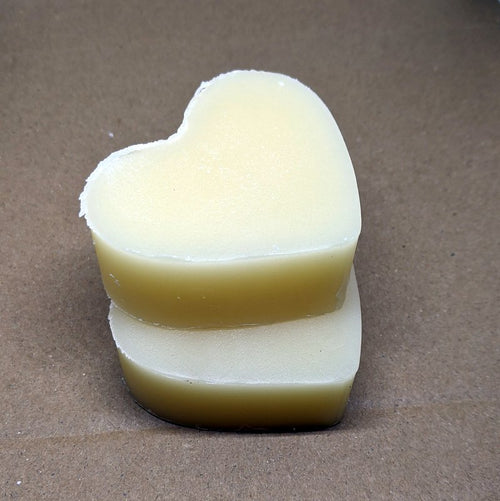
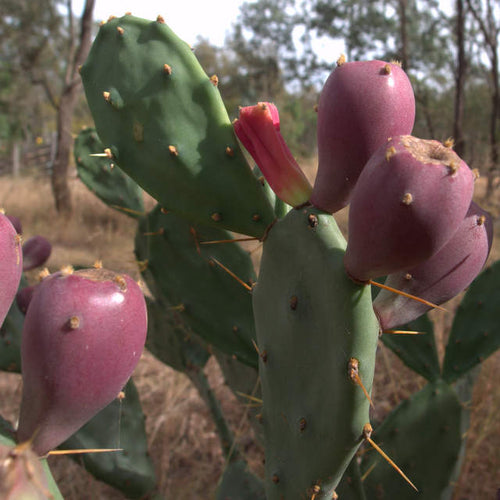
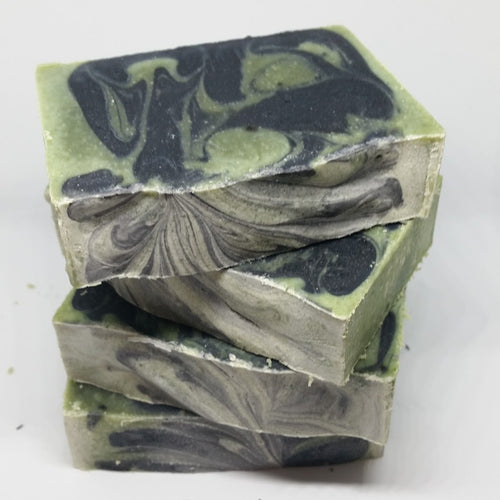
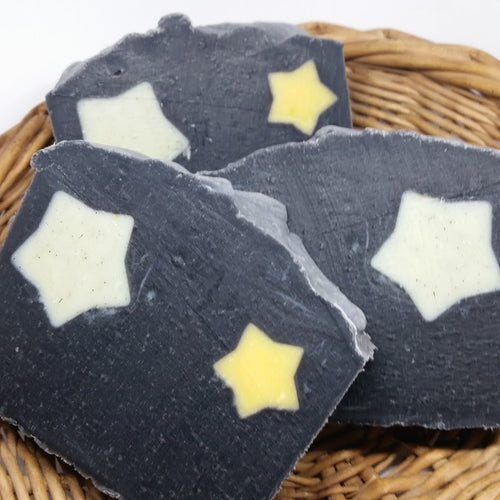



Hi Liz
Some folks who are blogging on rendering tallow, talk about filling the crock pot up with enough water to just cover the fat. There is no water mentioned in your recipe so I presume you just melt down the fat. Is the water necessary ? Your thoughts ?
Hi Chel, if you overcook it, you do end up with brown lard or tallow, but its still ok for making soap. You might get a bit of that meaty smell in your soap though, so best not to let it get to that stage if you can! Cheers, Liz
Liz, the last time I rendered pig fat I put it in the slow cooker but had to go out unexpectedly so I asked my husband to stir it now and then. He forgot of course and it ended up getting a bit burnt so now I have brown lard. The soap I made with it seems okay though. I have heard it is a bit more smelly rendering beef fat.
Leave a comment